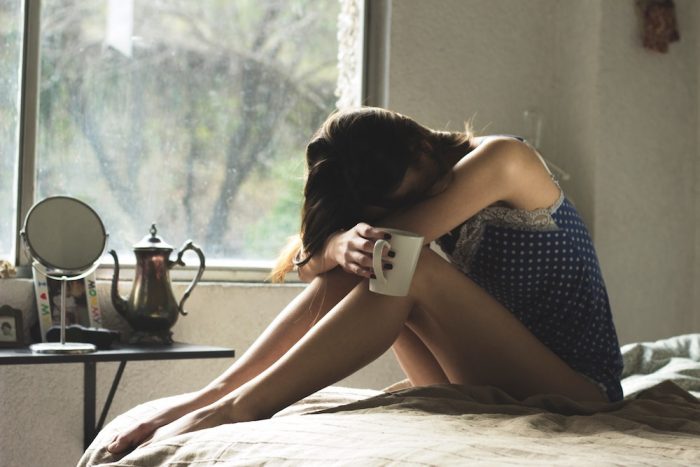The misconceptions about depression are rampant.
Depressed people do not necessarily look as bad as they feel.
The side effects of this condition are much more insidious; they are about the absence of motivation, the numbness, the lack of energy to do anything, and incapability to see the “point” in life.
Depressed people are worn down by sadness, and they feel oppressed by their surroundings. Just imagine how oppressive these sensations feel today, in a modern world oversaturated with audiovisual stimulants.
The clinical statistics do not look promising, which raises an alarming concern: is modern society making us depressed, and what can we do about it?
~
It is ever-present
Depression is by no means a modern mental issue. It has existed as long as humanity itself, and one of the easiest ways to prove this is to look into some iconic literary characters. For example, Hamlet would have been diagnosed as clinically depressed today. This form of lethargy was clearly recognized through history.
The parameters of what constitutes depression are clearly defined today, and we are looking at the surging number of people afflicted by it. In a way, one can define the current state of things as a bona fide depression pandemic. It is estimated that around four percent of the entire world’s population is affected by depression, which accounts for more than 300 million people.
~
Stigmas and causes
One of the disputable stigmas of depression is that it is the “illness of luxury,” as it appears to plague first and second world countries more severely than third world countries. However, this cannot be claimed for certain, as third world countries rarely do necessary measurements. In addition, discussing one’s emotional state is stigmatized in third world countries.
The additional anguish is caused by another prominent belief that depression occurs “all in your head.” The negative emotions are compounded with the notion that you alone are to blame for what’s happening, but more and more professionals and medical scientists are waking up to the fact that the problem lies within society at large, not chemicals inside your brain.
Life has become too fast and oversaturated with sensational and foreboding news, as well as increasingly demanding job obligations. It has become so easy to see it as something that is out of your control, a raging beast of burden. The way social media has integrated with our daily lives exposes us to public scrutiny and the feeling of inadequacy as everyone uses this tool to present their life as better than everyone else’s.
~
What can we do about it?
Based on the most glaring causes of depression today, the first evident answer to the question, “What can you do about depression in modern age?” is to turn to building character instead of “image.” Pursuing a meaningful career goal, something that is not firmly rooted in the material, is the best way to create spiritual integrity that is hard to tear down.
If you are depressed, it is usually an indicator you should alter your lifestyle. For example, denizens of the modern world tend to avoid physical exercise. Introduce regular gym sessions into your weekly schedule and consult a professional trainer to create a set of goals.
Prominent physical exercise will also entail changes in diet, and this is an area where we can truly turn things around if we play our cards right. A diverse diet that dials down carbohydrates will certainly help, but you should also enrich it with mood-improving supplements, such as omega-3 fatty acids, zinc, and magnesium. Make sure you are also getting enough sunlight for that precious vitamin D.
However, it can often take months for this diet to take effect, so if you want to speed things up, you should think outside the box. Look into the antidepressant effects of CBD, as well as its accompanying therapeutic benefits. Just like cannabidiol, the extract of St. John’s Wort also originates from the plant and it is an innocuous, naturally occurring mood enhancer.
If you are depressed, you shouldn’t make any of these drastic dietary alterations and lifestyle changes without a consultation with your dedicated medical professional.
Since your mood is not completely balanced, your judgment might be clouded and a consultation followed by a consistent monitoring period by your doctor can turn your life around completely.
The solutions for depression are all around us, but each of them begins with a recognition that you deserve to feel better.












Read 1 comment and reply